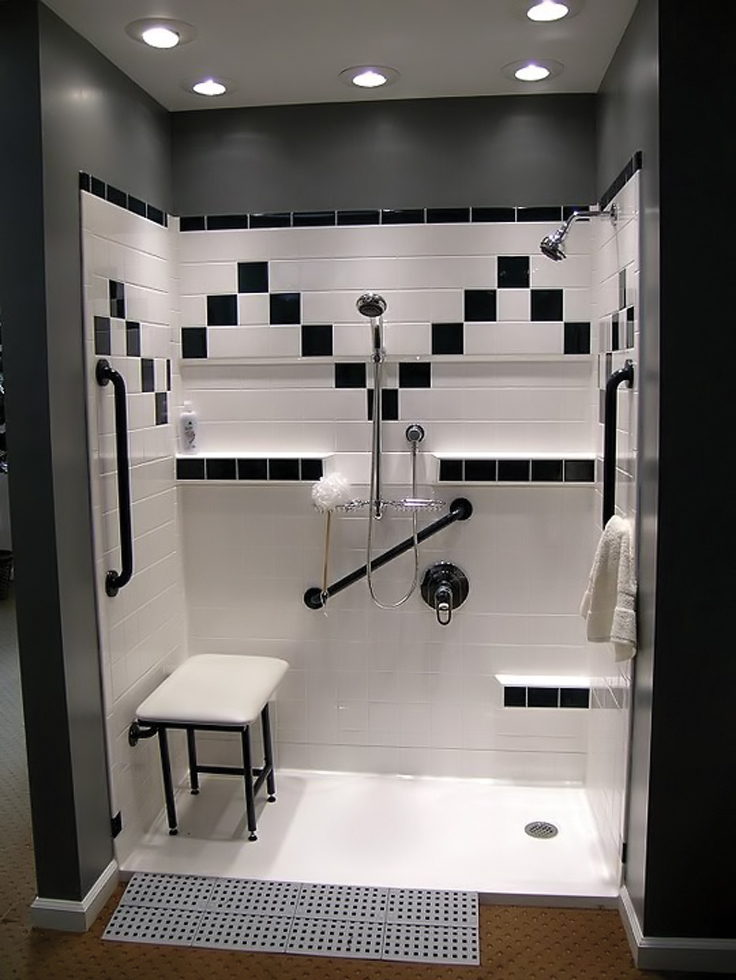Table of Content
In these cases, they will often access concierge care, in which a home care agency assists them in the facility where they reside. Care homes, also called “family homes,” are usually private homes that have been converted to provide eldercare for a small number of older adults. An alternative to an assisted living community, they generally offer all meals and round-the-clock staffing, sometimes at a lower cost.
But the choices are still not as cut-and-dried as they may appear at first. For example, Alzheimer’s and dementia can appear to significantly increase the need for an assisted living or specialized memory care facility. But especially in the early stages, home care can provide those with memory impairments the supervision they need when other caregivers aren’t available or need a break from their duties. One issue that sometimes arises as seniors lose their independence is that the family begins to be concerned about the health and well being of their loved one. In such cases, many turn to assisted living as a means of gaining peace of mind about the patient’s health and safety.
How to plan ahead to age in place
Having a conversation about a changing living situation might be stressful, but the above options can make this an exciting time instead of a scary one. Regardless of your or your loved one’s situation, you should be able to find a good housing option. Aging in place is a term used to describe when an older person keeps living in their current home instead of moving to a retirement facility. They often modify their current home to address any mobility issues, and they often work with home health care professionals to get assistance where needed. From at-home care to senior apartments, people have many options for independent senior living.
These communities may be licensed by the State, but this is not usually required. Nursing Home facilities provide the highest level of care of all the senior care options, as well as more intensive, round-the-clock supervision. These facilities are required to be licensed by the State and Medicare/Medicaid programs usually cover most of the services they offer. People can have private rooms in these settings, but they are usually more expensive, so rooms are often shared.
Types of Long-Term Care
These include Personal, Companion, and Respite Care as well as caregivers who specialize in working with people who have diagnoses of Alzheimer’s or Dementia. This is usually one of the lower-cost options for senior care as it is provided in the client’s home. Under the Section 202 program, HUD finances the development of supportive housing for the elderly. These facilities offer residential options with support activities including cleaning, cooking, and transportation. The program includes rental assistance funds, which are designed to make up the difference between HUD-approved operating costs and tenant rent contributions.
Survey both the home care options in your area as well as the elderly care facilities that you may be able to enroll in. Seriously consider the costs and benefits of both, taking into consideration how your family will adapt to your choice. Just like in schools, the ratio between caregivers and the elderly often makes a huge difference. Elderly people working one-on-one with their caregivers often feel more comfortable and better able to enjoy experiences than when there is one caregiver responsible for several elderly people. Also, unlike in elderly care facilities, you can pick and choose who you'd like to provide you with non-medical care. Non-Health Related Care - Much of the time spent in home care is non-medical in nature and involves more day-to-day activities like getting dressed, bathing, and getting out to exercise.
How Much Does Home Care Cost?
Home health services are one of the mandatory benefits available for those with Medicaid. When it comes to senior care options, first, establish a routine. A schedule can include daily activities, doctor’s appointments, errands, and meals. You may even want to consider hiring a home care provider to do certain tasks, such as cleaning, cooking, and preparing meals. The more regular your loved one is, the less stressful the situation will be for both you and the elderly individual.

The Internal Revenue Service offers tax deductions on some costs related to senior care for both the resident and their family caregiver. Subsidized housing programs offer income-based housing that’s designed to be affordable. Some programs offer rent assistance in facilities that offer support and activities for seniors and people with disabilities. HUD offers a state-based inventory of units for the elderly and persons with disabilities, which you can use to identify facilities that offer subsidized housing.
It’s geared toward sharing resources and space to keep costs down. Couples who need different levels of care can live near one another. CCRCs are good options for those who no longer want to deal with the demands of owning their own home and don’t intend to move in with friends or relatives at any point in the future. Acute care with inpatient stays can cost up to $10,000 per month.

If the family member is disabled, you can use the program to find a caregiver in your area. Health care providers and social workers may have suggestions. The local Area Agency on Aging, local and state offices on aging or social services, and your tribal organization may have lists of services. If you belong to a religious group, talk with the clergy, or check with its local office about any senior services they offer. Many assisted living facilities quote a monthly rate based on the resident taking advantage of a reasonable number of assistance services. But some adopt an à la carte approach, giving a top line number based on the cost of occupying a room, with services like dressing or bathing assistance listed as extra and coming at an additional cost.
Whether to move your loved one into your home is an intensely personal decision. You need to think about the nature of your relationship, as well as their relationship with your partner and children. Living in the comfort and familiarity of home is very appealing, but the level of care available at home -- whether it's health care or non-health related care -- may be limited. Options home care experts are ready and waiting to assist you with your home care needs and to provide you with information about our home care agency. We will walk you through the process of understanding what kind of care your loved one needs, and how we can provide such care.
It can be hard to accept that you or your loved one needs help, but knowing all the options available can help you choose the right facility. The federal government offers many resources for seniors. Longtermcare.gov, from the Administration for Community Living, is a good place to start.
Another type of temporary care, respite care is home care provided when a client’s ordinary caregivers are unavailable. If your loved one suffers from Alzheimer’s, dementia, or a condition such as Parkinson’s or a stroke that has caused permanent cognitive impairment, they may well need this kind of specialized eldercare. But be sure a neurological exam confirms that any impairment is permanent before you make this decision. If the person were to regain cognitive function, as may be possible after a stroke, this kind of setting wouldn’t be right long-term.

No comments:
Post a Comment